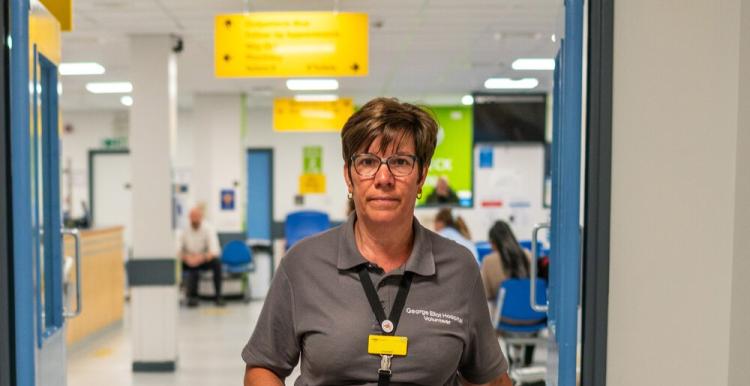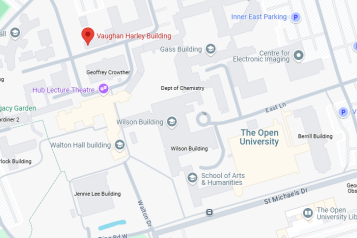New research calls for pocket-sized cards to support NHS patients with trauma

People who have experienced a traumatic event can be reluctant to engage with health and care services, seek medical attention when they get unwell, and avoid vital check-ups.
Key findings
According to a nationally representative poll of 3,571 adults living in England, nearly a fifth, 18%, of respondents who have experienced trauma said they ‘very often’ or ‘fairly often’ avoid services because of their trauma. This figure is much higher for autistic people and people who have Attention deficit hyperactivity disorder (ADHD)/Attention deficit disorder (ADD): 41% and 37%, respectively.
People who have experienced trauma don’t feel comfortable disclosing the information to medical professionals:
- Over a third, 37%, of respondents who have experienced trauma, have never told a medical professional about it.
- Over a third, 35%, of those who have told a medical professional about their trauma found it uncomfortable.
- The main barrier to disclosing experiences of trauma was people not feeling comfortable talking about it to a medical professional.
- However, other issues are also apparent, such as a lack of confidence in explaining trauma, a lack of confidence in medical professionals handling it sensitively, and previous negative experiences of disclosing trauma.
Trauma is widespread
The UK Trauma Council defines trauma as: ‘the way that some distressing events are so extreme or intense that they overwhelm a person’s ability to cope, resulting in lasting negative impact’. A traumatic event can include being in an accident, experiencing an act of violence, and seeing someone die.
HWE research provides further evidence that trauma is widespread. More than half, 55%, of respondents chose the statement “I have experienced trauma in the past”, and nearly one in 12, eight per cent, chose “I’m currently experiencing trauma.”
According to our estimates, this equates to about 25 million and 3.7 million adults living in England, respectively.
Women, autistic people and those who have ADHD were more likely to experience trauma. Around two-thirds, 67%, of female respondents said they had experienced a traumatic event, compared to 51% of male respondents.
The need for trauma cards
HWE are calling for tangible solutions to help people who have experienced trauma engage with healthcare, including piloting trauma cards.
Their research follows a pilot project run by Healthwatch Essex in 2022, which made trauma cards available to local people to use during their NHS appointments. The pocket-sized card explains that the holder has experience of trauma and links to further resources to help provide sensitive, appropriate care.
The pilot was hugely successful, showing that a simple intervention can make it easier for people who have been through trauma to get the care they need.
Our polls shows that of the estimated 3.7 million people currently experiencing trauma, 43% would be likely to use a trauma card. Of the estimated 25 million people who have experienced trauma in the past, around one in three (30%) would be likely to use a trauma card. This equates to about 1.6 million people and 7.4 million people, respectively.


